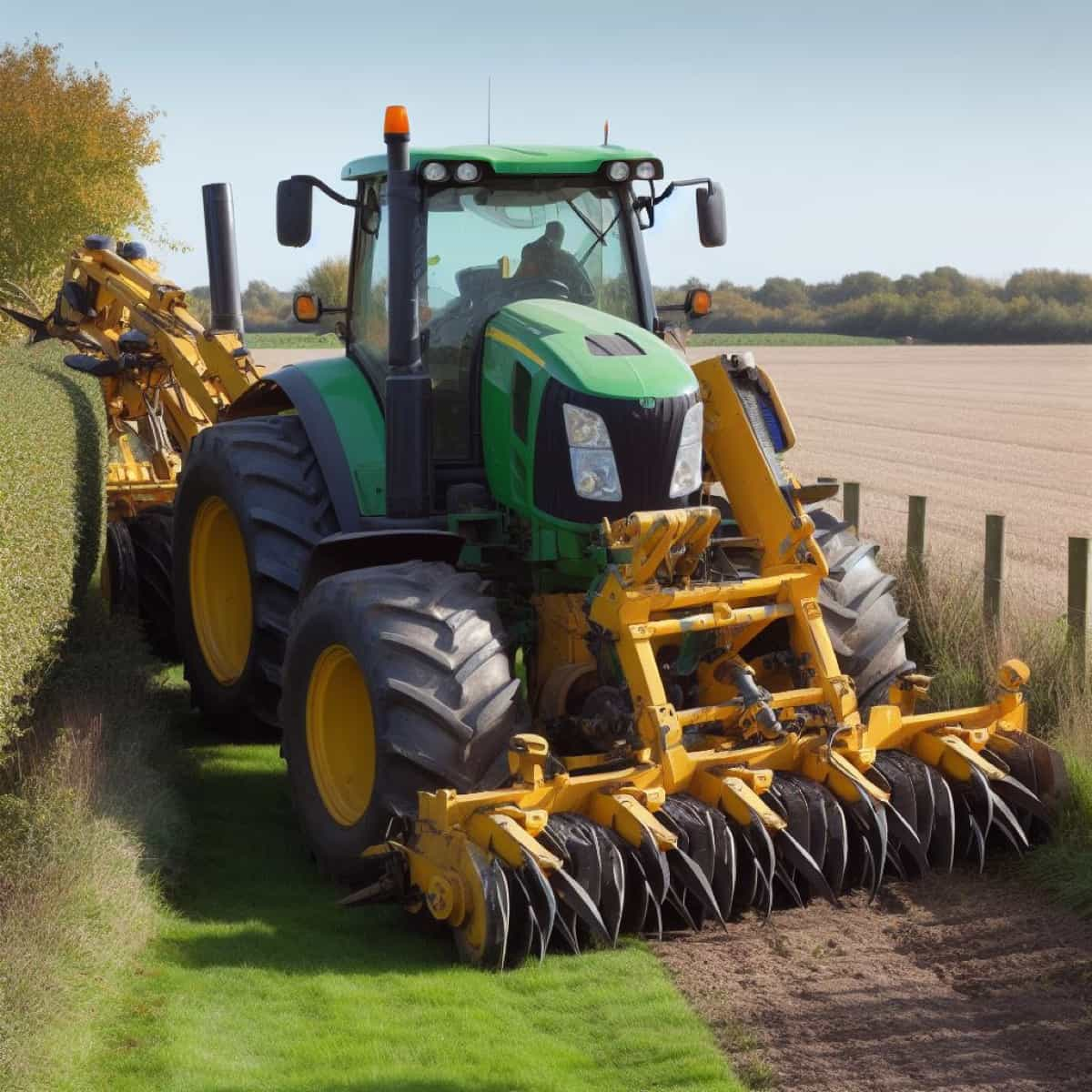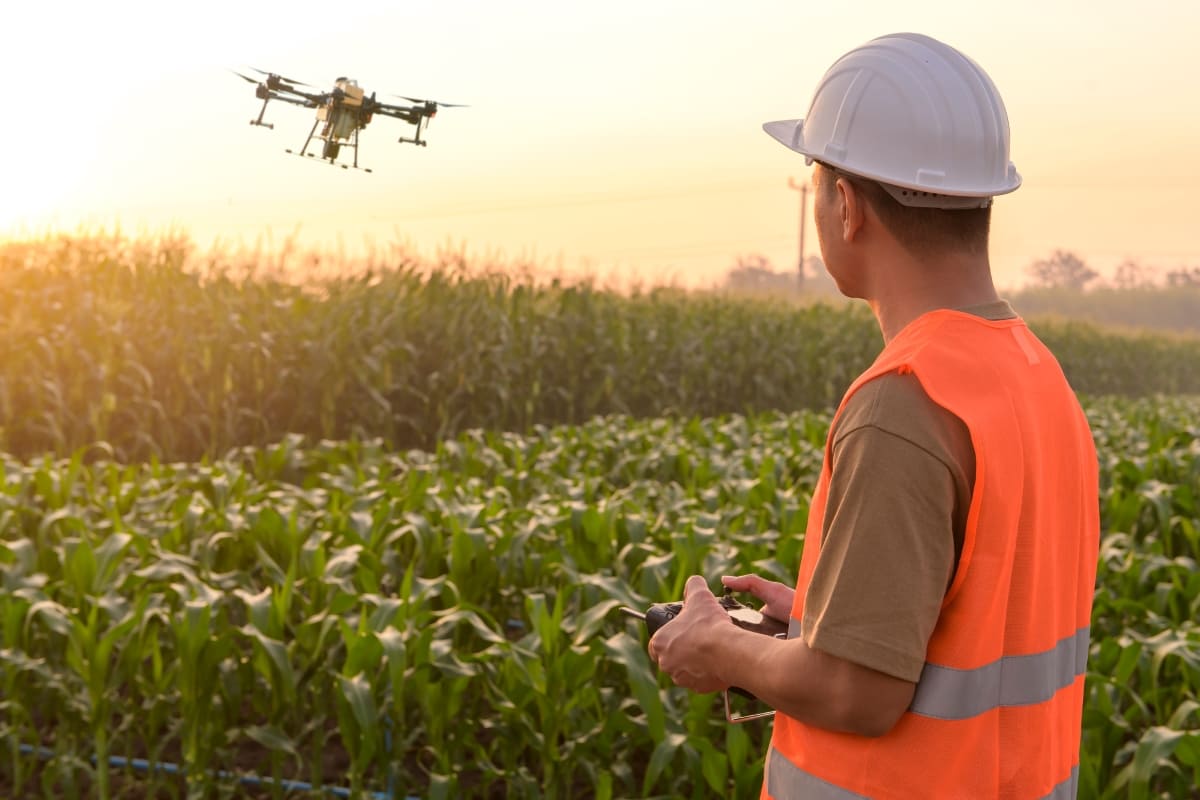To relieve stress, access food, people have turned to gardening during the pandemic
During the COVID-19 pandemic, people in California and other parts of the world have turned to gardening to relieve stress, connect with others, and grow their own food.
More green space and opportunities for urban agriculture could help in future disasters
People who turned to gardening during the COVID-19 pandemic did so to relieve stress, connect with others and grow their own food in hopes of avoiding the virus, according to a researcher. survey conducted by researchers from the University of California, Davis, UC Agriculture and Natural Resources and international partners.
The survey report, "Gardening During COVID-19: Experiences from Gardeners Around the World," highlights the positive role gardening plays in mental and physical health, said Alessandro Ossola, assistant professor of plant science .
“Connection with nature, relaxation and stress relief were by far the main reasons cited by gardeners,” Ossola said.
Researchers sent links to online surveys via targeted emails to gardening groups, in newsletters and on social media between June and August 2020. They hoped to assess the importance of gardening as a means to face the risks, how the pandemic changed gardening and what obstacles existed.
Over 3,700 inquiries were returned from gardeners in Australia, Germany and the United States.

A new report highlights the positive role gardening plays on mental and physical health.
Isolation, depression, anxiety reported
More than half of respondents said they felt isolated, anxious and depressed at the start of the pandemic and 81% had concerns about access to food. During this time, people also had more time to garden, and they saw the activity as a haven and a way to socially connect with others.
"Not only did gardeners describe a sense of control and security that came from food production, but they also expressed heightened experiences of joy, beauty, and freedom in garden spaces," the report states. , which breaks down responses by region or state. .
In California, for example, 33% of gardeners said their plots generated about 25% of their produce needs. Some gardeners with access to large spaces for gardening have also grown food for their community.
Gardening has offered a safe way to socialize during the pandemic
“People have found new relationships in the garden,” said Lucy Diekmann, urban agriculture and food systems adviser at UC Cooperative Extension, who helped write the report. "It has become a shared hobby as opposed to an individual hobby."
The responses were quite similar across locations, although the surveys took place in summer and winter, depending on location. “We see remarkable similarities in terms of what people say and how they interact with their gardens,” Diekmann said.

In a community garden in San Jose, a gardener picks green beans. In California, 33% of gardeners surveyed said their plots generated about 25% of their produce needs.
More green opportunities are needed
Many respondents also had difficulty finding and buying seeds or plants and finding a place to grow.
The report findings suggest an opportunity for government, community groups, businesses and others to promote community health by providing green spaces.
Gardening should be considered a public health need, which could serve communities well during future pandemics or disasters.


During the COVID-19 pandemic, people in California and other parts of the world have turned to gardening to relieve stress, connect with others, and grow their own food.
More green space and opportunities for urban agriculture could help in future disasters
People who turned to gardening during the COVID-19 pandemic did so to relieve stress, connect with others and grow their own food in hopes of avoiding the virus, according to a researcher. survey conducted by researchers from the University of California, Davis, UC Agriculture and Natural Resources and international partners.
The survey report, "Gardening During COVID-19: Experiences from Gardeners Around the World," highlights the positive role gardening plays in mental and physical health, said Alessandro Ossola, assistant professor of plant science .
“Connection with nature, relaxation and stress relief were by far the main reasons cited by gardeners,” Ossola said.
Researchers sent links to online surveys via targeted emails to gardening groups, in newsletters and on social media between June and August 2020. They hoped to assess the importance of gardening as a means to face the risks, how the pandemic changed gardening and what obstacles existed.
Over 3,700 inquiries were returned from gardeners in Australia, Germany and the United States.

A new report highlights the positive role gardening plays on mental and physical health.
Isolation, depression, anxiety reported
More than half of respondents said they felt isolated, anxious and depressed at the start of the pandemic and 81% had concerns about access to food. During this time, people also had more time to garden, and they saw the activity as a haven and a way to socially connect with others.
"Not only did gardeners describe a sense of control and security that came from food production, but they also expressed heightened experiences of joy, beauty, and freedom in garden spaces," the report states. , which breaks down responses by region or state. .
In California, for example, 33% of gardeners said their plots generated about 25% of their produce needs. Some gardeners with access to large spaces for gardening have also grown food for their community.
Gardening has offered a safe way to socialize during the pandemic
“People have found new relationships in the garden,” said Lucy Diekmann, urban agriculture and food systems adviser at UC Cooperative Extension, who helped write the report. "It has become a shared hobby as opposed to an individual hobby."
The responses were quite similar across locations, although the surveys took place in summer and winter, depending on location. “We see remarkable similarities in terms of what people say and how they interact with their gardens,” Diekmann said.

In a community garden in San Jose, a gardener picks green beans. In California, 33% of gardeners surveyed said their plots generated about 25% of their produce needs.
More green opportunities are needed
Many respondents also had difficulty finding and buying seeds or plants and finding a place to grow.
The report findings suggest an opportunity for government, community groups, businesses and others to promote community health by providing green spaces.
Gardening should be considered a public health need, which could serve communities well during future pandemics or disasters.
What's Your Reaction?














![Three of ID's top PR executives quit ad firm Powerhouse [EXCLUSIVE]](https://variety.com/wp-content/uploads/2023/02/ID-PR-Logo.jpg?#)







